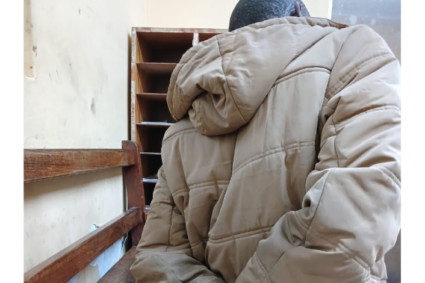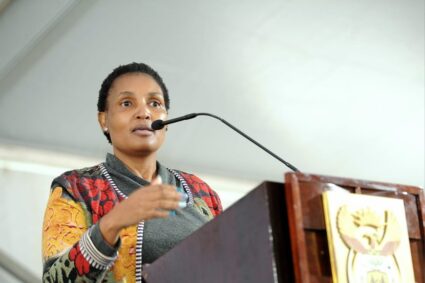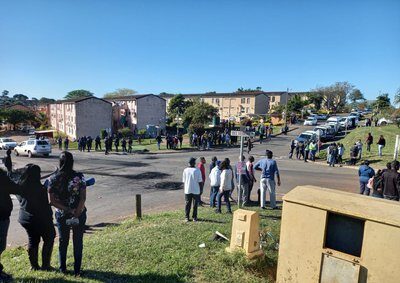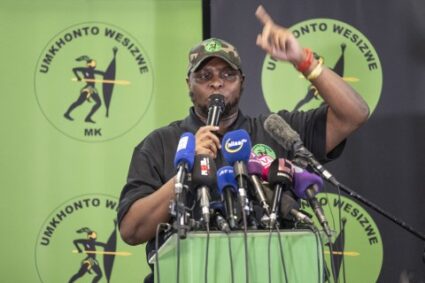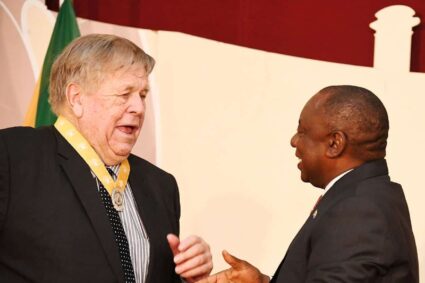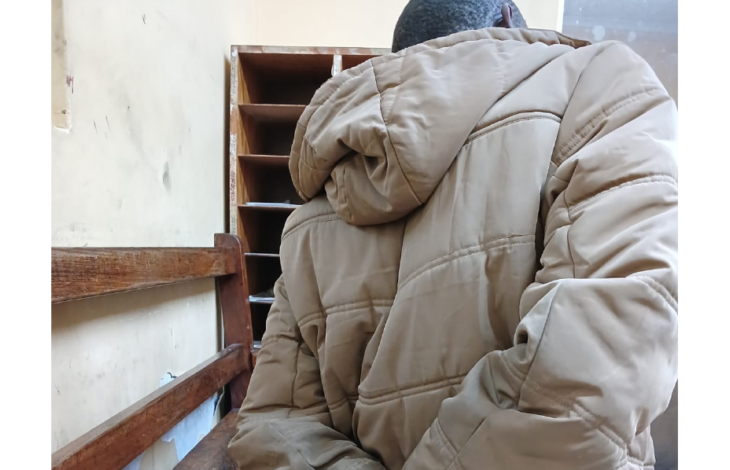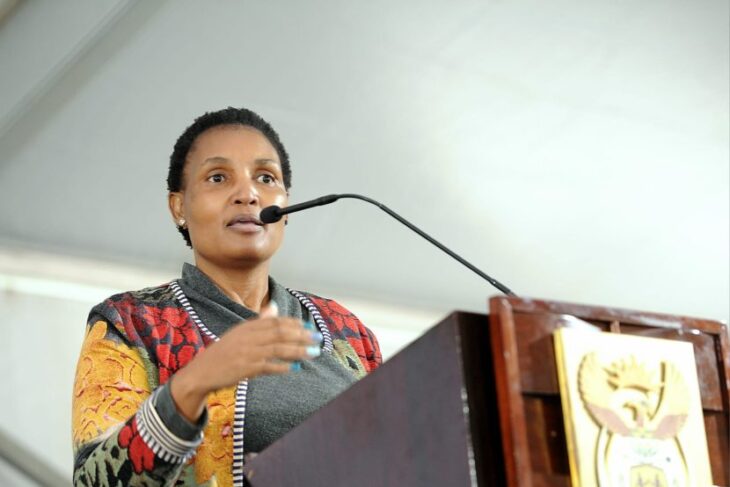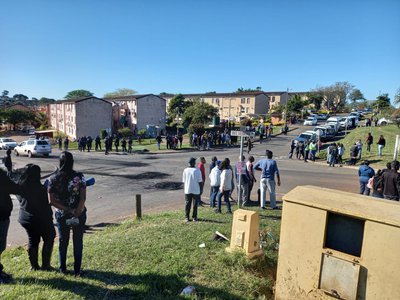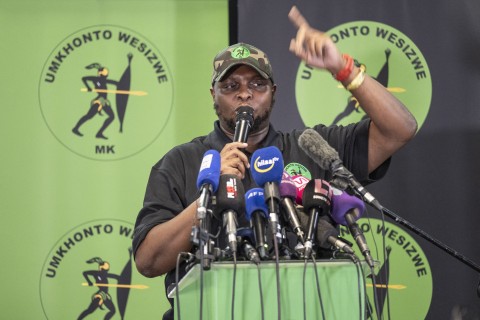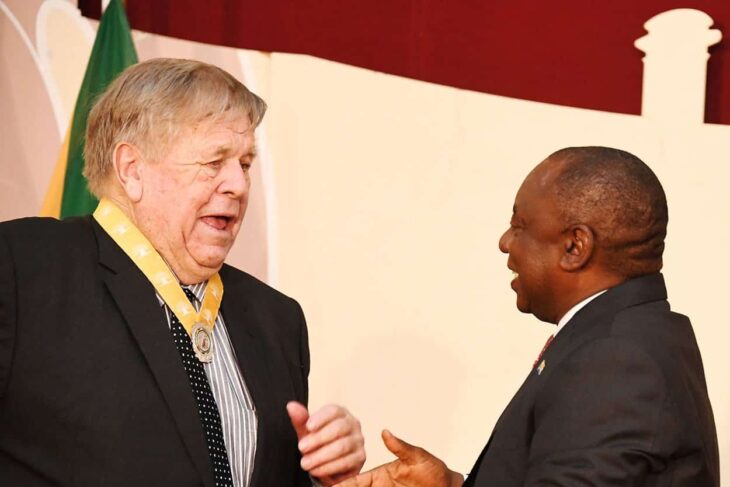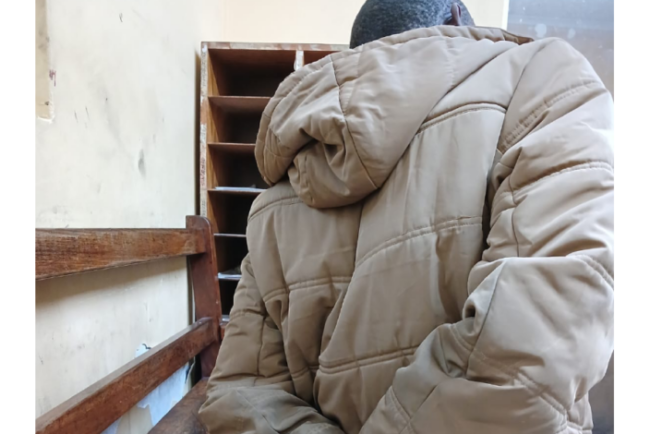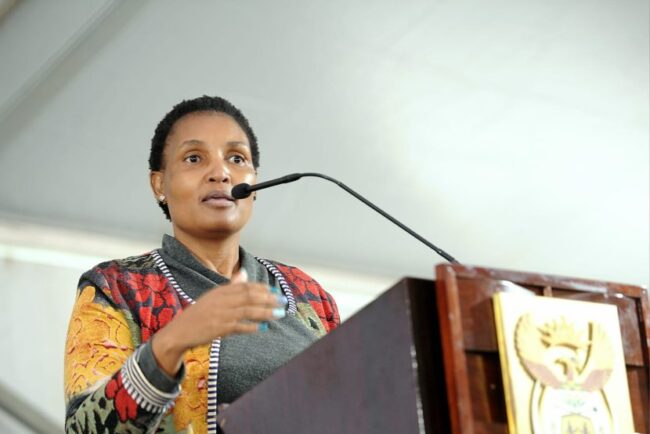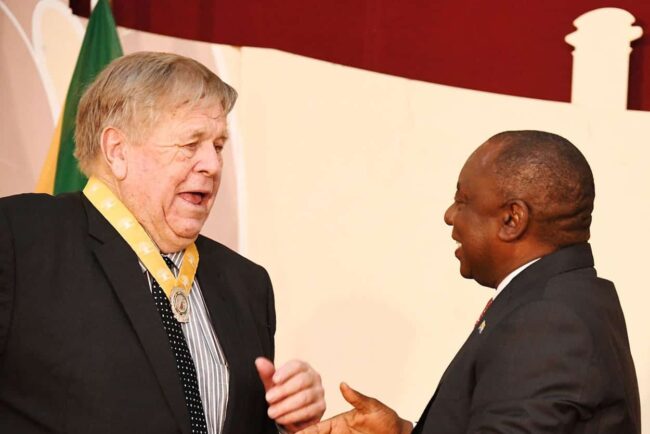
Former South African President Jacob Zuma and his party MK want nothing else but re-vote, the new political party MK only want EIC to allow the country to vote again.
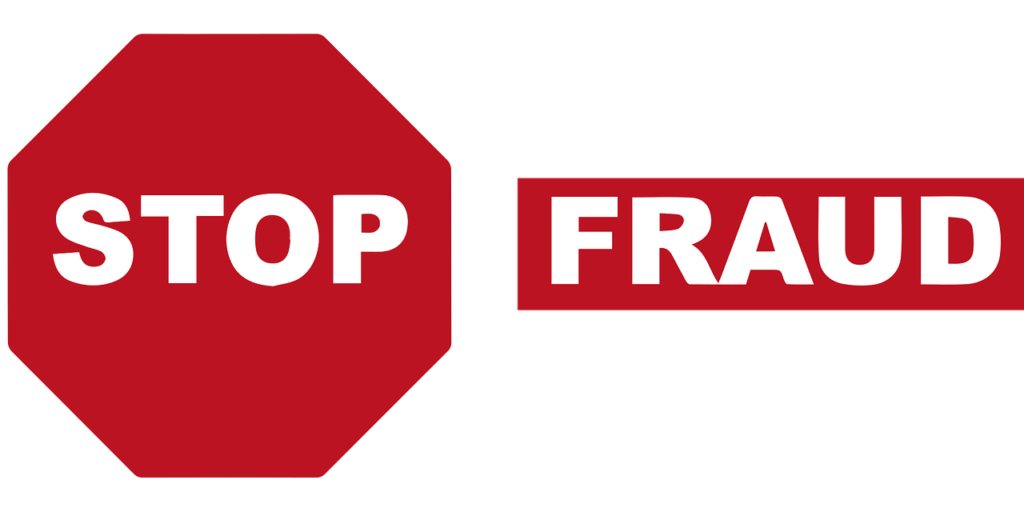
In a dramatic turn of events following the 2024 elections, Jacob Zuma’s newly established MK Party, along with several other political factions, has called for an election re-run. These demands stem from widespread allegations of vote rigging and electoral fraud, which have cast a shadow over the legitimacy of the election results and plunged the nation into political turmoil.
Jacob Zuma, the former South African president, has been a polarizing figure in the country’s politics. His MK Party, named after the Umkhonto we Sizwe (the armed wing of the African National Congress during the anti-apartheid struggle), was launched with the promise of radical economic transformation and a return to the values of the liberation struggle. The party has quickly gained a following, particularly among those disillusioned with the current political landscape.
The 2024 elections were highly contentious, with accusations of irregularities surfacing even before the polls closed. Observers reported numerous instances of alleged tampering, including suspiciously high voter turnout in certain areas, discrepancies in voter rolls, and reports of intimidation and violence at polling stations. These claims have been vehemently denied by the ruling party, which has maintained that the elections were free and fair.
Zuma’s MK Party, along with other opposition groups, has refused to accept the official results, which saw the ruling party maintain a narrow victory. They argue that the extent of the alleged irregularities is too significant to overlook and have called for an independent investigation to uncover the truth. In the meantime, they are demanding an election re-run to ensure that the will of the people is accurately reflected.
The calls for a re-run have sparked widespread protests and demonstrations across the country. Supporters of the MK Party and other opposition groups have taken to the streets, demanding justice and transparency. These protests have, at times, turned violent, leading to clashes with security forces and raising concerns about the potential for further instability.
The situation has drawn the attention of international observers and human rights organizations, who have expressed alarm at the escalating tensions. They have urged all parties to engage in dialogue and seek a peaceful resolution to the crisis. The prospect of an election re-run has been met with mixed reactions, with some seeing it as a necessary step to restore confidence in the electoral process, while others fear it could lead to further chaos and division.
The South African Electoral Commission is under immense pressure to address the allegations and ensure that any re-run is conducted with the highest standards of integrity. The credibility of the commission is at stake, as is the broader stability of South Africa’s democratic institutions.
Jacob Zuma’s call for an election re-run underscores the deep divisions within South African society and the challenges facing its democracy. As the situation unfolds, it is clear that the nation is at a critical juncture. The manner in which these challenges are addressed will have far-reaching implications for the country’s future, testing the resilience of its democratic institutions and the commitment of its leaders to uphold the principles of justice and transparency.

